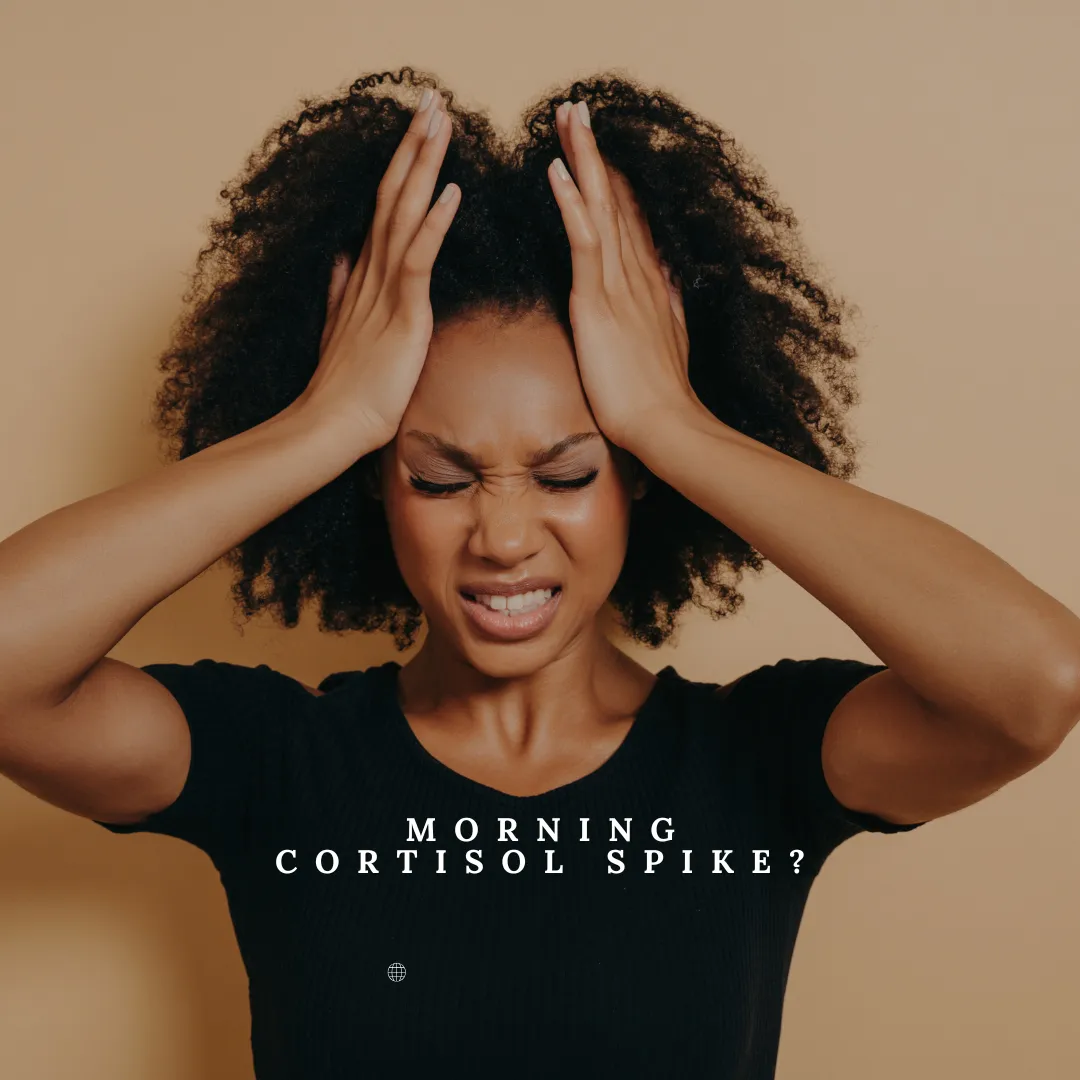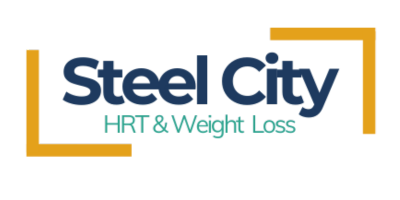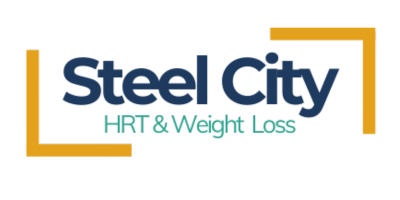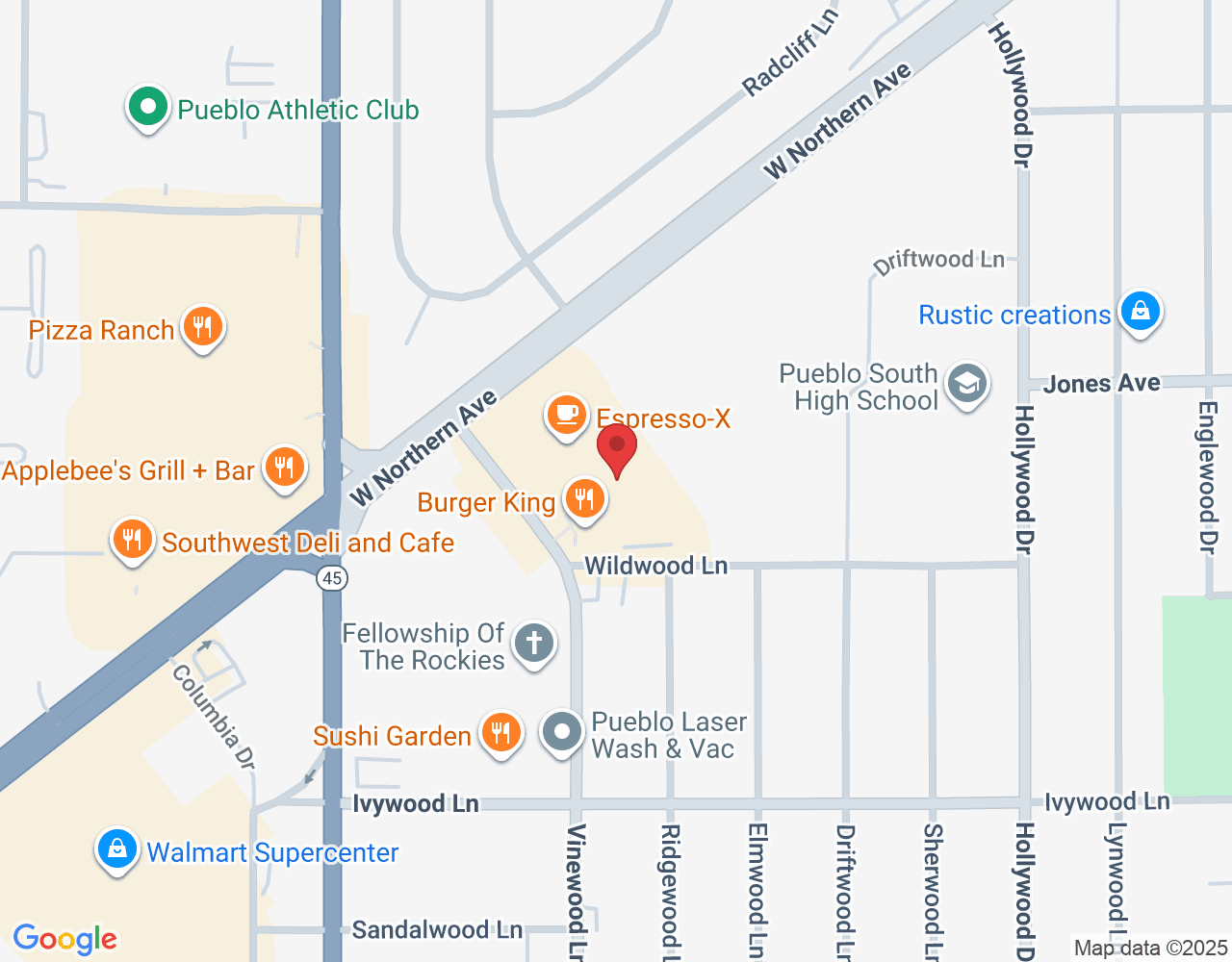
Morning Cortisol Spike? It Could Be This Hidden Danger!
Do you wake up wired, heart racing, or feeling like you've already had three cups of coffee?
If mornings leave you anxious, sweaty, or emotionally flooded before you even get out of bed, you could be experiencing more than just the "normal" dawn cortisol surge.
While a slight rise in cortisol is expected in the early hours of the day—something known as the dawn phenomenon—a persistently high morning cortisol spike could be your body's distress signal.
Let’s break down what this means and why it might be the missing link behind your weight struggles, fatigue, or hormonal imbalances.
The Normal Dawn Phenomenon vs. Dangerous Cortisol Surges
Every healthy person experiences a rise in cortisol levels between 2 a.m. and 8 a.m. This natural spike helps you wake up and get moving. It’s part of your circadian rhythm and helps regulate metabolism, alertness, and immune readiness.
However, when cortisol levels are excessively elevated, especially day after day, it becomes a sign of something deeper:
Chronic stress or trauma
Blood sugar instability (like nocturnal hypoglycemia)
Obesity
Hormonal disorders like Cushing syndrome
Instead of energizing you, this cortisol flood can leave you jittery, inflamed, and insulin-resistant.
What Causes a Dangerous Morning Cortisol Spike?
Your morning cortisol surge may be more than just stress. Here are common but overlooked clinical drivers:
Nocturnal Hypoglycemia
If your blood sugar drops too low overnight (especially common in diabetics, those who fast excessively, or overtrain), your body responds by releasing cortisol, glucagon, and adrenaline to stabilize glucose levels.
Symptoms:
Waking up with panic
Early morning headaches
Night sweats or vivid dreams
Crashing mid-morning despite eating
Clinical Tip: Balance your macronutrients and avoid fasting too aggressively without guidance. Always pair evening exercise with post-workout fuel.
Obesity and Visceral Fat
Excess belly fat isn’t just about aesthetics—it behaves like an endocrine organ, increasing inflammation and stimulating cortisol production.
The Vicious Cycle:
High cortisol promotes fat storage (especially in the abdomen)
More fat equals more inflammatory signaling
This leads to even higher cortisol levels
Solution: Strategic weight loss via GLP-1 injections, metabolic nutrition, and hormone rebalancing can disrupt this loop.
Poor Sleep or Sleep Apnea
Fragmented or low-quality sleep elevates cortisol, disrupts testosterone, and increases cravings for sugar and caffeine.
Clinical Clues:
You snore or wake up choking/gasping
You feel unrested despite 7+ hours in bed
You rely heavily on coffee or sugar to function
Treatment Insight: Improving sleep hygiene, testing for sleep apnea, and stabilizing hormones can dramatically reduce morning cortisol spikes.
Chronic Infections or Inflammation
Underlying inflammation from hidden infections (like Epstein-Barr, Lyme, gut dysbiosis, or viral reactivations) keeps your immune system on high alert—and that drives cortisol.
Symptoms Include:
Unexplained fatigue
Joint or muscle pain
Brain fog
Poor recovery from workouts
A functional medicine approach can help identify and address these silent triggers.
Excessive Caffeine or Stimulant Use
Coffee first thing can feel like a ritual. But if your cortisol is already high, loading up on caffeine first thing can spike it even more.
Instead:
Delay caffeine intake until after 9 a.m.
Pair coffee with protein or fat
Consider switching to green tea or adaptogens temporarily
What It Feels Like to Live with Elevated Morning Cortisol
You may be dealing with this and not even know it. Here's what elevated morning cortisol feels like:
Waking up anxious, alert, or on edge
Feeling like your thoughts are racing before sunrise
Crashing hard mid-morning or mid-afternoon
Gaining belly fat despite clean eating
Constantly feeling "wired but tired"
If this is you, your body isn’t broken. It’s trying to protect you. But it needs help recalibrating.
How Hormones Tie It All Together
At Steel City HRT, we understand that hormones don’t exist in isolation. Cortisol, insulin, testosterone, and estrogen all talk to each other.
When cortisol stays high:
Testosterone drops
Thyroid slows down
Estrogen becomes dominant
Insulin spikes
This is why many patients need more than just stress management tips—they need a whole-person hormone strategy.
Our clinical solutions include:
TRT (Testosterone Replacement Therapy) for men with low T & high cortisol
HRT for women in perimenopause or menopause experiencing cortisol-related weight gain
Medical weight loss programs with GLP-1 support
Adaptogenic and nutraceutical support to calm the adrenal response
Real Results: Meet Rachel, 38
Rachel, a busy mom and entrepreneur, was waking at 4:30 a.m. every day feeling panicked. Despite her workouts and clean diet, she gained 12 pounds in 6 months. Labs showed elevated morning cortisol, low progesterone, and insulin resistance.
With a targeted plan—including adrenal support, natural hormone therapy, and a mild GLP-1 protocol—she reclaimed her energy, lost 18 pounds, and now wakes up calm, focused, and refreshed.
You Deserve to Wake Up Peacefully
Your mornings shouldn’t feel like an emergency. If you feel like your body is betraying you, let us help you make sense of the signals.
At Steel City HRT, we:
Investigate hormone imbalance at the root
Personalize care with compassion and clinical precision
Deliver results that improve your life, not just your labs
Call us at 719-669-4223 or book a consultation to start your hormone healing journey today.
FAQ (FAQPage Schema Markup Embedded)
Is a cortisol spike in the morning normal?
Answer: Yes, a moderate rise is normal (called the dawn phenomenon), but excessively high levels may signal stress, inflammation, or blood sugar issues.
Can cortisol make me gain belly fat?
Answer: Absolutely. High cortisol drives central fat storage, insulin resistance, and cravings—especially when chronic.
Should I drink coffee first thing in the morning?
Answer: If your cortisol is high, delay coffee until after 9 a.m. to avoid exacerbating stress hormone levels.
Can hormone therapy help with high cortisol?
Answer: Yes. By restoring balance to testosterone, estrogen, and insulin, hormone therapy can calm the overactive stress response and reduce cortisol over time.
Do you offer virtual consults for adrenal issues?
Answer: Yes! Steel City HRT offers telehealth visits, discreet shipping, and continuous support to help you wherever you are.
References (APA Style)
Follenius, M., Brandenberger, G., Bandesapt, J. J., Libert, J. P., & Ehrhart, J. (1992). Nocturnal cortisol release in relation to sleep structure. Sleep, 15(1), 21–27.
Tsigos, C., & Chrousos, G. P. (2002). Hypothalamic–pituitary–adrenal axis, neuroendocrine factors and stress. Journal of Psychosomatic Research, 53(4), 865–871.
Rosmond, R. (2005). Role of stress in the pathogenesis of the metabolic syndrome. Psychoneuroendocrinology, 30(1), 1–10.
Bornstein, S. R., et al. (2008). Diagnosis and treatment of primary adrenal insufficiency: An Endocrine Society Clinical Practice Guideline. The Journal of Clinical Endocrinology & Metabolism, 93(6), 2008–2032.
Steel City HRT | Personalized Hormone & Weight Loss Solutions




Facebook
Instagram
LinkedIn
Youtube
TikTok
Pinterest